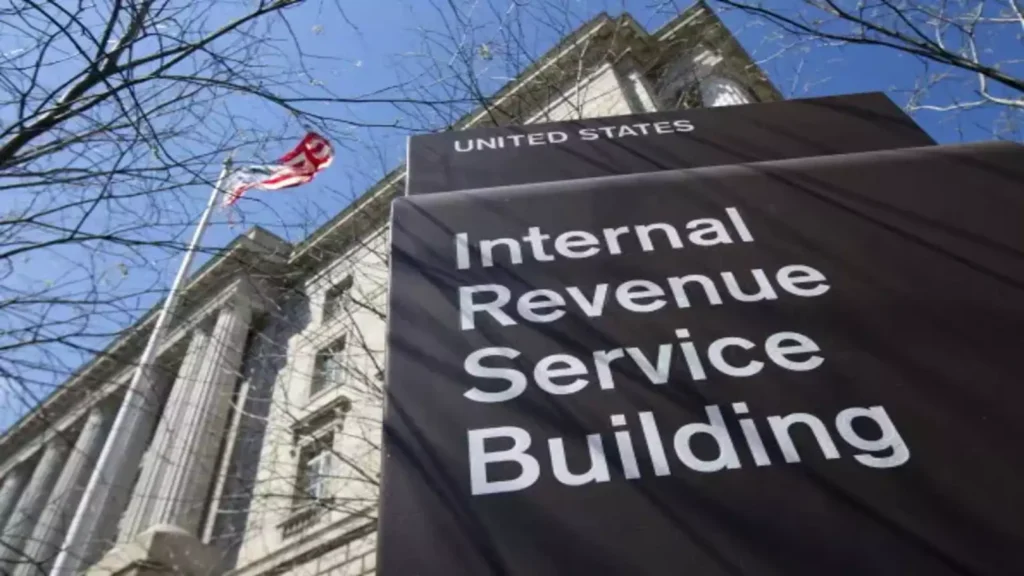– Advertisement –
In a sweeping decision that could reshape how Americans interact with crypto, the U.S. Senate has voted 70–28 to repeal the IRS DeFi broker rule-one of the most criticized regulations lingering from the Biden era.
The move is expected to be signed into law by President Donald Trump, marking a major shift in how decentralized finance (DeFi) is treated by U.S. tax authorities.
So what does this mean for you if you’re holding, trading, or developing crypto on decentralized platforms?
The IRS DeFi broker rule would have required DeFi protocols-platforms that typically operate without a central authority-to report user information and transaction data, just like traditional financial brokers. The problem? DeFi systems are built to avoid centralized control. Many don’t even collect user data, let alone have the tools to report it. Critics have long said the rule was unenforceable and would crush innovation in one of the most promising sectors of Web3.
The Senate vote follows a similar move by the House, signaling bipartisan agreement that the rule was out of step with the realities of decentralized technology. And with President Trump’s full support-alongside crypto advocate David Sacks, who now leads the administration’s digital asset policy-this repeal represents a new phase of crypto-friendlier governance.
The repeal has been praised widely within the crypto community. Kristin Smith, CEO of the Blockchain Association, called it a critical moment to eliminate “a regulation that never made sense for decentralized tech.” On the other side of the aisle, some lawmakers like Rep. Lloyd Doggett are sounding alarms about potential tax evasion and misuse, warning that the repeal could weaken oversight.
For consumers and investors, the repeal removes one of the most confusing and controversial threats hanging over the DeFi space. If you’ve ever used a decentralized exchange (DEX), yield farming protocol, or lending platform, the looming concern was always that the IRS might come knocking-even when there was no clear path for reporting compliance.
Now, that burden shifts back to centralized exchanges and custodial services, where user data and tax reporting infrastructure already exist. In short, if you’re trading on Coinbase or Binance.US, nothing changes. But if you’re exploring protocols like Uniswap, Aave, or Curve, the legal ground beneath your feet just got a little more solid.
The repeal also sends a signal to global markets: the U.S. is serious about encouraging blockchain innovation. At a time when countries like the UK, UAE, and Singapore are aggressively positioning themselves as crypto hubs, Washington’s policy pivot could help retain talent and investment within U.S. borders.
Market response has been modestly positive, with Solana (SOL) climbing to $138.70 and Bitcoin (BTC) hovering around $87,165 at press time. Meme coins like AI16Z also saw a boost as retail traders interpreted the news as a green light for more aggressive DeFi experimentation.

Beyond the immediate tax implications, the repeal sets a precedent for how future crypto regulation might look. Trump insiders have hinted at a broader deregulatory agenda, possibly including relaxed SEC scrutiny for token launches and a national blockchain task force focused on open innovation.
If you’re a developer, trader, or even just a passive investor in DeFi platforms, this repeal might mean fewer reporting headaches, less fear of compliance penalties, and more freedom to participate in decentralized projects. It’s not a blank check-taxes still apply, and centralized platforms still carry obligations-but it could mark the end of treating DeFi like a square peg in a round hole.
Ultimately, this is more than a policy reversal. It’s a message: Washington is ready to work with the crypto world, not against it.
– Advertisement –
You can contact us for more informations or ads here [email protected]




